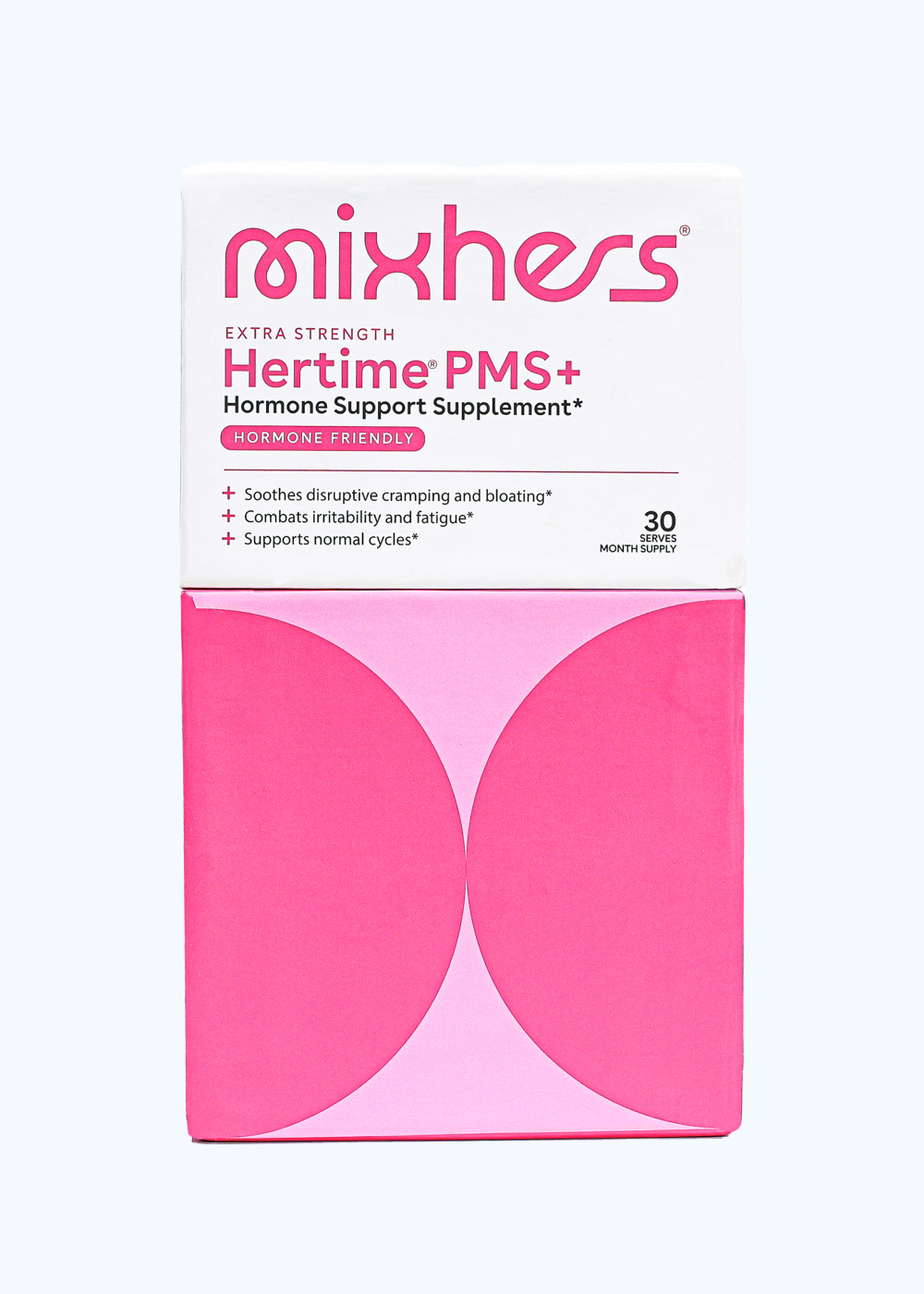Do you sometimes wonder, “Why am I so emotional on my period?” Here are some things you should know about period emotions and how to keep them in check.
Emotions are a natural part of life. We all feel the gamut of emotions, from happiness to anger and everything in between. But have you noticed that your emotions tend to be closer to the surface right before your period than at any other time? If you’ve ever wondered, “Why am I so emotional on my period?” you have joined the rank of millions of other women who ask themselves the same question!
Period emotions are often unpredictable and intense. One minute we may be smiling while we lick chocolate cake batter right out of the bowl. The next minute, we might be crying unexpectedly at a cheesy advertisement on TV.
Though these uncontrollable mood swings may be embarrassing and frustrating, we should try not to get overwhelmed by them. Changes in our hormone levels are most likely responsible for our mood symptoms. For most women, the mood swings associated with regular periods fade away within a few days of menstruation. Here’s a brief guide to common emotional symptoms associated with hormonal fluctuations and tips for how you can feel less alone and less overwhelmed by your emotions each month.












